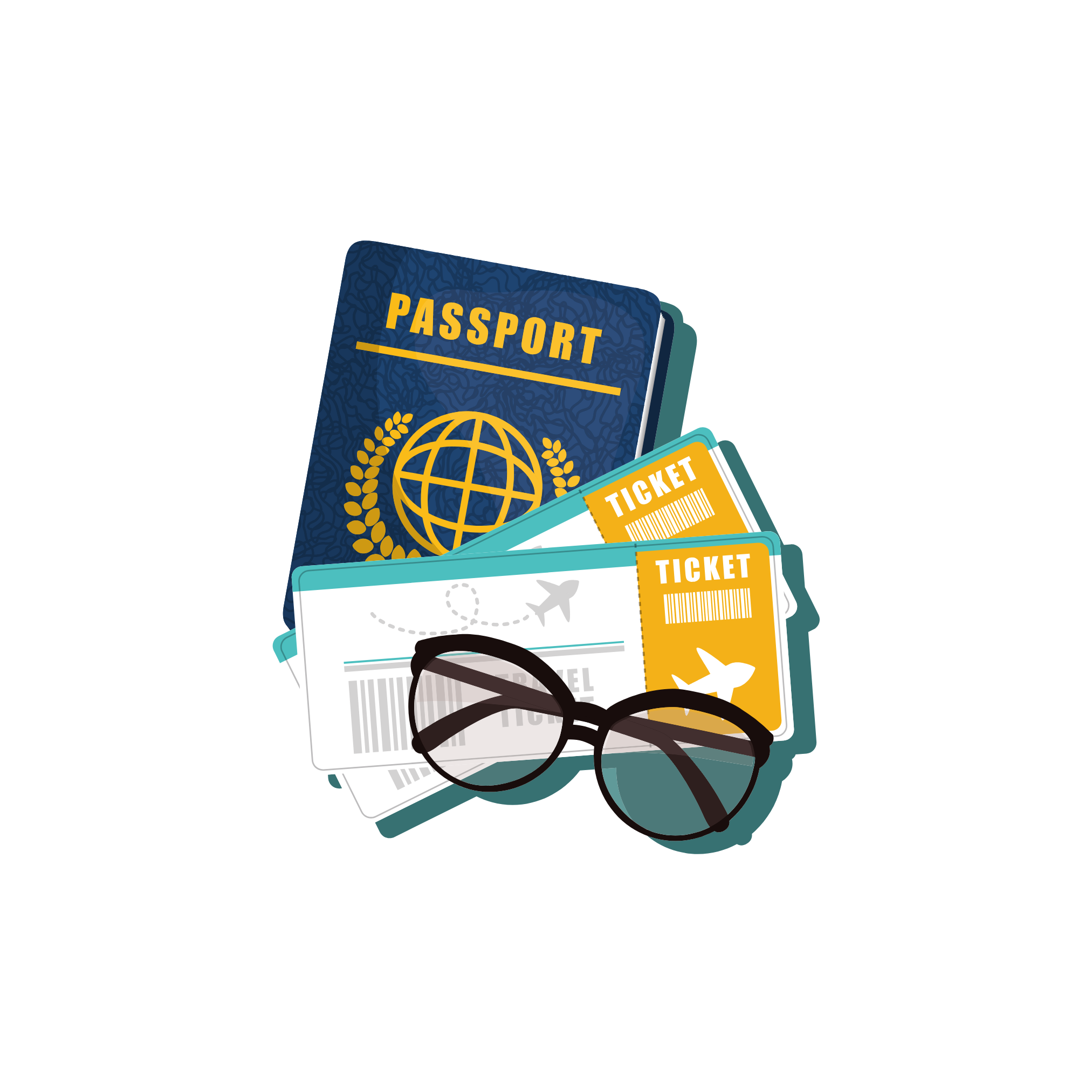
This "Dream Vacation" speaking lesson, designed for A2-B1 adult learners, focuses on vocabulary and conversational skills related to holidays and travel.
The lesson incorporates a variety of tasks:
Holiday Word Brainstorm: Students name five words related to holidays.
Trip Reflection Q&A: Learners answer questions about past trips, ideal vacation spots, and vacation duration for relaxation.
Idiom Matching & Discussion: Students read comments about vacations, match underlined idioms (e.g., "a breath of fresh air," "on a shoestring," "live it up," "play it by ear," "have a change of scenery," "let your hair down") with their definitions, and then discuss questions related to these idioms.
Idiom Completion & Agreement: Participants complete statements using the learned idioms and explain whether they agree with them.
Photo Description with Idioms: Students describe photos using the newly acquired idioms, forming negative or interrogative sentences.
Idiom Unscramble & Q&A: Learners unscramble words to reveal idioms and answer discussion questions that apply these idioms to various travel scenarios.
Dream Vacation Choice & Justification: Students imagine winning a travel prize, review descriptions of four destinations (Kyoto, Japan; Reykjavik, Iceland; Amsterdam, Netherlands; Siem Reap, Cambodia), choose one, and explain their choice.
Dream Vacation Planning: Students plan a 4-day, 3-night dream vacation using the lesson's idioms, considering accommodation, activities, food, transport, and overall mood.
Situation Problem-Solving: Learners read various travel-related scenarios and propose solutions.
This lesson is highly useful for:
Vocabulary Expansion: It directly teaches and reinforces common idioms related to travel and relaxation, enriching learners' linguistic toolkit.
Fluency Development: The numerous discussion questions and open-ended tasks provide extensive opportunities for speaking practice, boosting conversational fluency.
Real-World Application: The scenarios and planning activities encourage students to apply new vocabulary in practical, relevant contexts.
Critical Thinking: Analyzing situations and proposing solutions requires critical thinking and problem-solving skills.
Cultural Awareness: The introduction of various international destinations can spark cultural curiosity.
May 22, 2025




